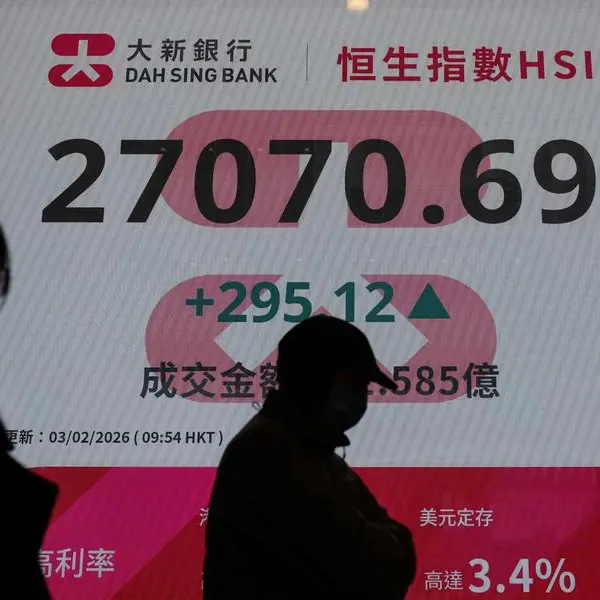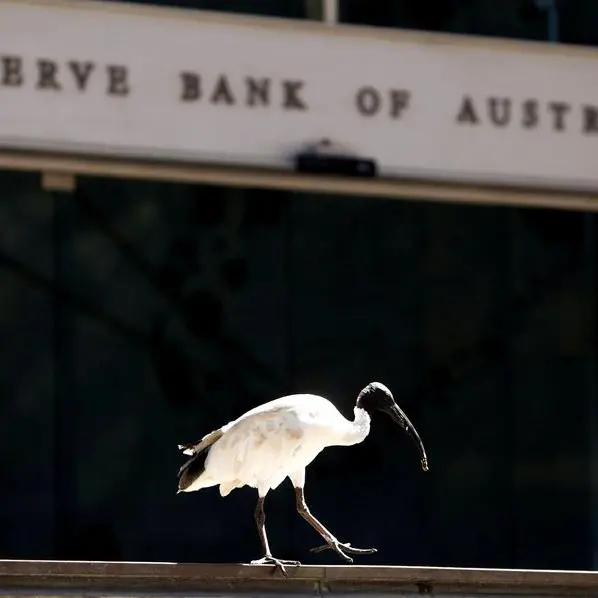PHOTO
KUWAIT CITY: According to recent reports, central banks in advanced economies are increasingly considering increasing their gold reserves while diversifying away from the US dollar, reports Al-Jarida daily. The World Gold Council’s annual survey revealed that nearly 60% of central banks in developed countries anticipate a rise in the share of gold in global reserves over the next five years, up from 38% last year.
This shift mirrors the strategy observed among central banks in emerging markets, which have been major buyers of gold since the 2008 financial crisis. Specifically, 13% of advanced economies plan to boost their gold holdings next year, marking the highest level since the survey’s inception. This trend is driven by concerns over the dollar’s dominance and the use of US sanctions, particularly following instances such as those against Russia, which have spurred non-Western financial institutions to increase their bullion purchases. Gold’s appeal remains strong despite its recent price surge, reaching a peak of $2,450 an ounce. Central banks cite gold’s intrinsic value, its historical performance during crises, and its role in portfolio diversification as primary reasons for acquiring more. In 2022 and 2023 combined, central banks added over 1,000 tons of gold to their reserves, reflecting a growing preference for tangible assets amid global economic uncertainties.
Moreover, while the dollar remains the largest component of global foreign exchange reserves, its share has declined significantly over the years, exacerbated by the dollar’s fluctuating value and geopolitical tensions. Including gold, the dollar’s share has fallen below half of global reserves, highlighting a broader move towards diversification. Looking ahead, market sentiment around gold remains influenced by expectations of US interest rate cuts, which could diminish the opportunity cost of holding non-yielding assets like gold. Despite these dynamics, gold’s role as a safe-haven asset and its perceived stability continue to attract interest from both central banks and investors alike.
Arab Times | © Copyright 2024, All Rights Reserved Provided by SyndiGate Media Inc. (Syndigate.info).




















